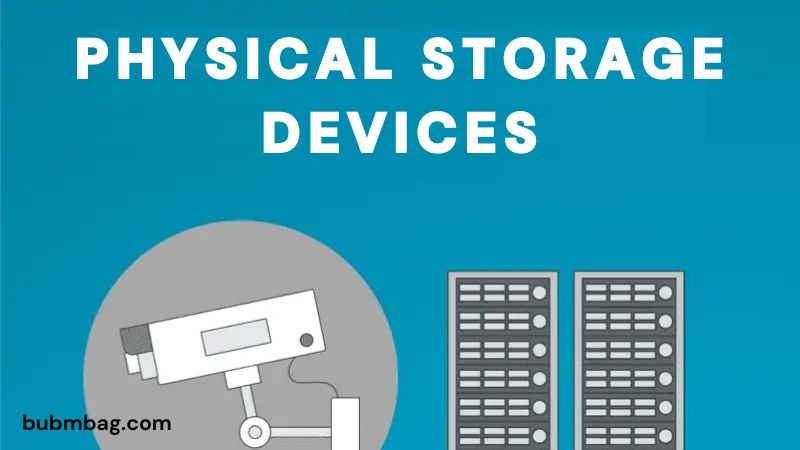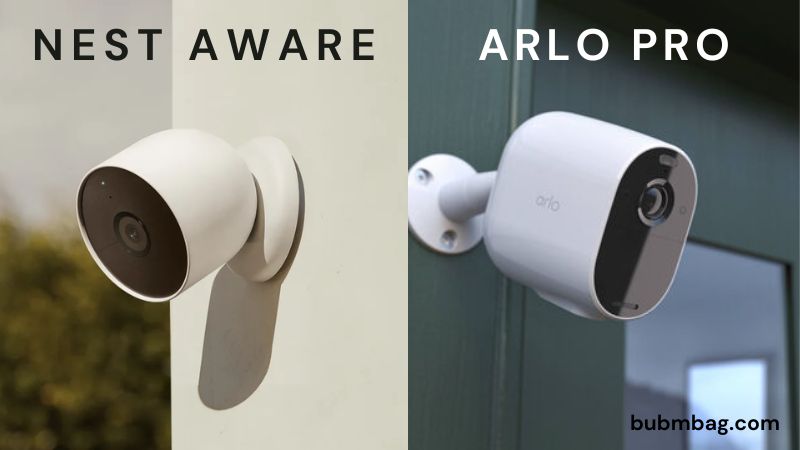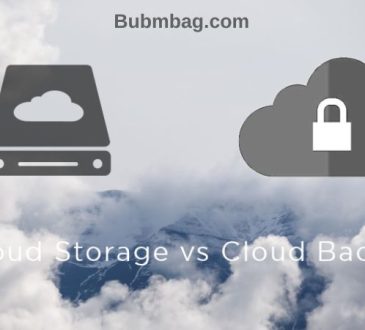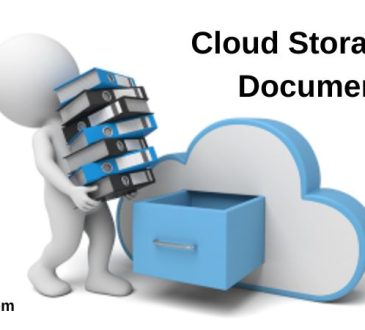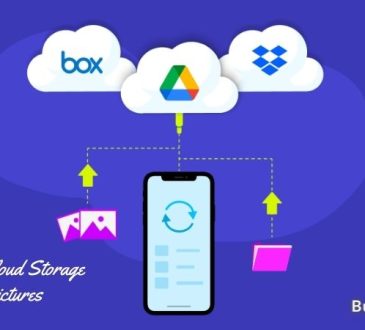The Power of Security Camera with Cloud Storage
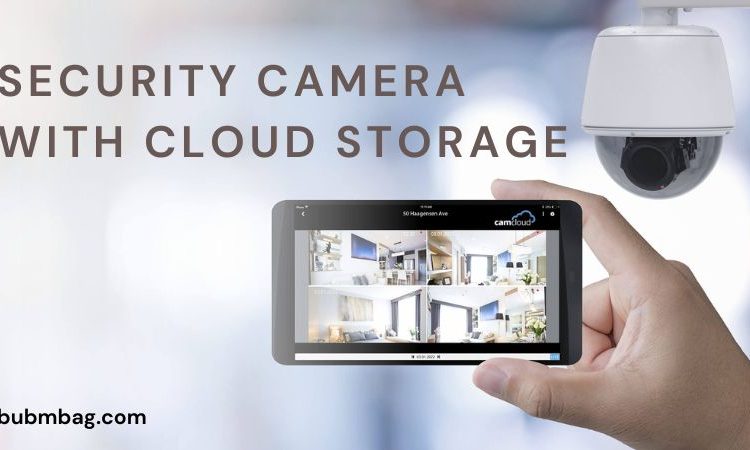
In today’s fast-paced world, ensuring the safety and security of our homes and loved ones is paramount. With advancements in technology, homeowners now have access to sophisticated surveillance solutions that provide peace of mind and real-time monitoring capabilities. One such innovation is the security camera with cloud storage, a game-changer in the realm of home security.
Contents
The Power of Security Camera with Cloud Storage
Convenience and Accessibility
Security cameras with cloud storage offer a convenient and reliable way to capture, store, and access video footage remotely. By leveraging the power of the cloud, these cameras provide homeowners with a seamless and efficient means of monitoring their property, even when they are away. With the security camera with cloud storage throughout this article, it emphasizes the significance and prevalence of this technology in today’s market.
Elimination of Physical Storage Devices
One of the key advantages of security cameras with cloud storage is the ability to access recorded footage from anywhere with an internet connection. Whether you’re at work, on vacation, or simply away from home, you can log into the cloud-based platform and view live or recorded video streams in real-time. This level of accessibility ensures that homeowners are always in the loop and can quickly respond to any potential security threats.
Moreover, cloud storage eliminates the need for physical storage devices such as SD cards or external hard drives. With traditional security systems, there is always a risk of data loss or tampering if the storage device is damaged or stolen. However, with cloud-based storage, the footage is securely stored off-site, reducing the risk of data loss and ensuring that critical evidence is preserved.
Advanced Features
Furthermore, security cameras with cloud storage often offer advanced features such as motion detection, night vision, and two-way audio communication. These features enhance the effectiveness of the surveillance system, enabling homeowners to detect and respond to suspicious activity promptly. For example, if the camera detects motion while you’re away, you can receive instant alerts on your smartphone and access the live video feed to assess the situation.
Scalability and Flexibility
Another significant advantage of cloud-based storage is the ability to store large amounts of footage over an extended period. Unlike traditional storage solutions that have limited capacity, cloud storage allows for virtually unlimited scalability. Homeowners can choose from various subscription plans that offer different levels of storage capacity, ensuring that they have enough space to store all their video recordings securely.
Considerations When Choosing a Security Camera with Cloud Storage
When selecting a security camera with cloud storage, it’s essential to consider factors such as video quality, field of view, and compatibility with other smart home devices. High-definition video quality ensures that you can capture clear and detailed footage, making it easier to identify intruders or suspicious activity. A wide field of view allows the camera to cover more area, reducing blind spots and providing comprehensive surveillance coverage.
Additionally, compatibility with other smart home devices allows for seamless integration and enhanced functionality. For example, you can integrate your security cameras with smart lights or door locks to create a fully automated security system. This integration enables the cameras to trigger other devices based on specific events or triggers, further enhancing the overall security of your home.
Leading Brands and Their Offerings
Several leading brands offer security cameras with cloud storage, each with its unique features and capabilities. Nest Cam, for instance, provides a range of indoor and outdoor cameras that support cloud storage. With a Nest Aware subscription, users gain access to advanced features such as continuous recording and intelligent alerts.
Similarly, Arlo Pro cameras offer wireless functionality and free cloud storage for up to 7 days of recordings. Users can upgrade to longer storage plans for extended retention and access additional features such as advanced motion detection and customizable activity zones.
Wyze Cam is another budget-friendly option that offers 14 days of rolling cloud storage for free. Despite its affordability, Wyze Cam delivers impressive features such as motion detection, night vision, and two-way audio communication, making it a popular choice among homeowners.
Ring Stick Up Cam is renowned for its versatility and compatibility with other Ring devices. With a Ring Protect subscription, users can access features such as video history, snapshot capture, and sharing capabilities, further enhancing the overall security of their home.
Blink XT2 cameras offer battery-powered convenience and free cloud storage for motion-activated recordings. With additional cloud storage plans available, users can customize their storage options to suit their specific needs and preferences.
Conclusion
In conclusion, security cameras with cloud storage have revolutionized the way homeowners approach home security. By leveraging the power of the cloud, these cameras provide convenient access to recorded footage, advanced features, and virtually unlimited storage capacity. With the security camera with cloud storage throughout this article, it underscores the significance and prevalence of this technology in safeguarding homes and loved ones. As technology continues to evolve, Bubmbag can expect to see further advancements in security camera technology, providing even greater levels of safety and security for homeowners worldwide.

